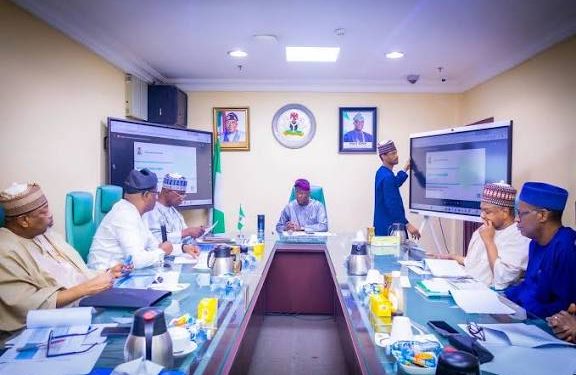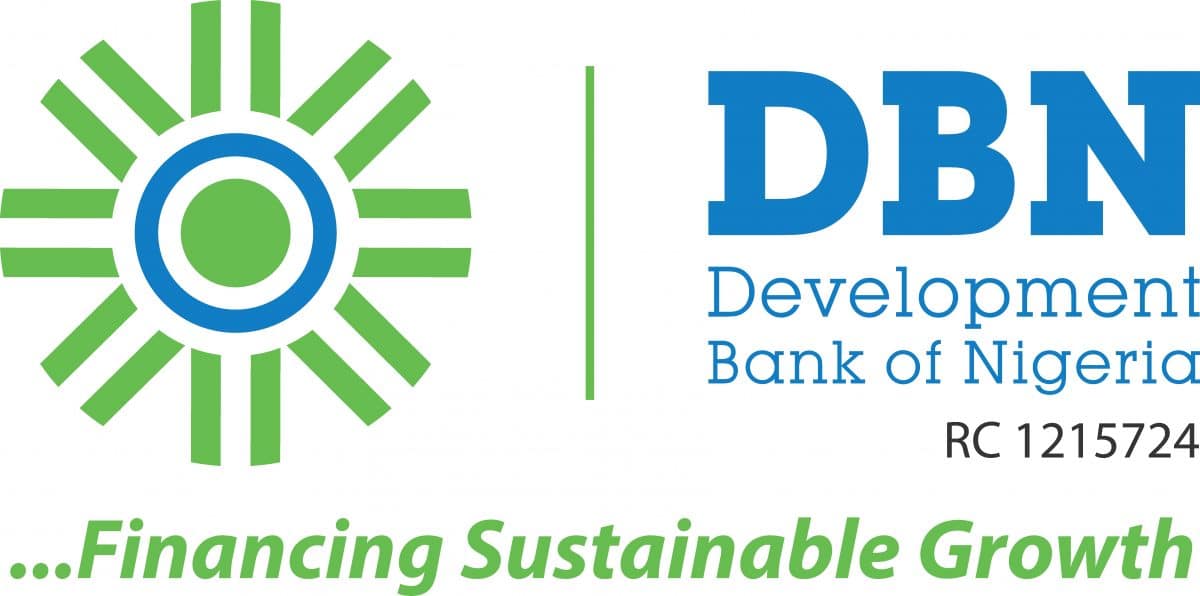The federal government has restated its commitment to repositioning Nigeria’s micro, small, and medium enterprises (MSMEs) as a central pillar of economic growth and transformation.
Speaking at the 6th Annual Lecture of the Development Bank of Nigeria (DBN) in Abuja, Vice President Kashim Shettima, represented by the Special Adviser to the President on Economic Affairs, Dr. Tope Fasua, said MSMEs remain at the heart of the administration’s Renewed Hope Agenda. He stressed that the sector is not a peripheral player but the engine that powers job creation, innovation, and inclusive growth.
“MSMEs are not peripheral actors; they are the lifeblood of our economy, accounting for over 80 percent of employment and contributing significantly to GDP. As the government provides policy clarity and enabling infrastructure, institutions like DBN are key partners in translating vision into action,” Shettima said.
He outlined ongoing reforms aimed at building a more business-friendly environment, including fuel subsidy removal, foreign exchange unification, infrastructure renewal, human capital investment, and stronger global economic engagement. These measures, he noted, are designed to stimulate enterprise, attract investment, and create more opportunities for small businesses across Nigeria.
Highlighting DBN’s role in this agenda, the bank’s managing director and CEO, Tony Okpanachi, revealed that over N1.1 trillion had been disbursed to MSMEs through 79 participating financial institutions, reaching more than 700,000 businesses nationwide by December 2024. He described DBN as more than just a financier, calling it “a convener of ideas, a builder of capacity, and a partner in national transformation.”
In a bid to enhance global competitiveness, the director general of the Small and Medium Enterprises Development Agency of Nigeria (SMEDAN), Charles Odii, announced new policies to strengthen small businesses. These include regulatory reforms to ease export processes, provision of shared infrastructure such as garment hubs, expanded financial and non-financial support, and innovative logistics partnerships with companies like God Is Good Logistics and Lifeworks.
“These are the small but significant steps we are taking to ensure our SMEs are not only visible globally but also competitive,” Odii said, citing Nigeria’s recent “Best Pavilion” recognition at the International Africa Trade Fair as evidence of growing momentum.
Delivering the keynote address, Kenyan entrepreneur Flora Mutahi urged African businesses to embrace scaling as a deliberate strategy to tackle youth unemployment. She noted that while an estimated 10 to 12 million young people enter Africa’s job market annually, only 3 to 4 million formal jobs are created underscoring the need for small businesses to grow beyond survival stage and become major employers.
Stakeholders at the event, including policymakers, entrepreneurs, and development financiers, agreed that Nigeria’s economic future depends heavily on the growth and success of its small businesses. They called for stronger collaboration between government, financial institutions, and the private sector to unlock the sector’s full potential as a driver of sustainable development.










